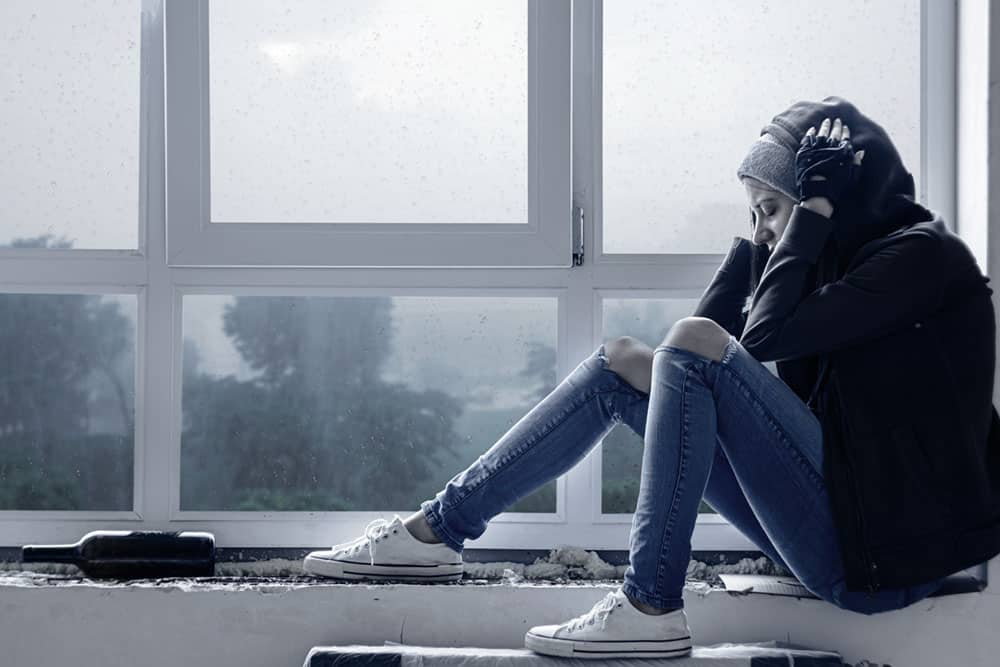Life-Stuff.org
Facts & advice foryoung adults

The signs of problem drinking include:
5% of 16 – 24 year-old men drink more than 50 units a week and 2% of women aged 16 – 24 drink more than 35 units a week, putting themselves at risk.

The first noticeable impacts on mental health and wellbeing from drinking too much are likely to be disturbed sleep and getting agitated and anxious. But heavy drinking can lead to work and family problems, which in turn can lead to isolation and depression. Drinking heavily also slows down brain function, affecting things like concentration and memory.
Alcohol Addiction means someone can no longer cope without alcohol. Without alcohol they feel sick and have withdrawal symptoms, which include trembling, shivering, feeling sick and even vomiting. These withdrawal symptoms make it very difficult to overcome addiction and specialist help and support is needed.

The hardest thing is for someone to accept that drinking has become a problem – but this is the first big step to getting help – no questions asked.
There are lots of people and organisations that can talk to and offer support to the person or those close to them. See Help and advice for problem drinking and alcohol addiction.
Read next Safer drinking.